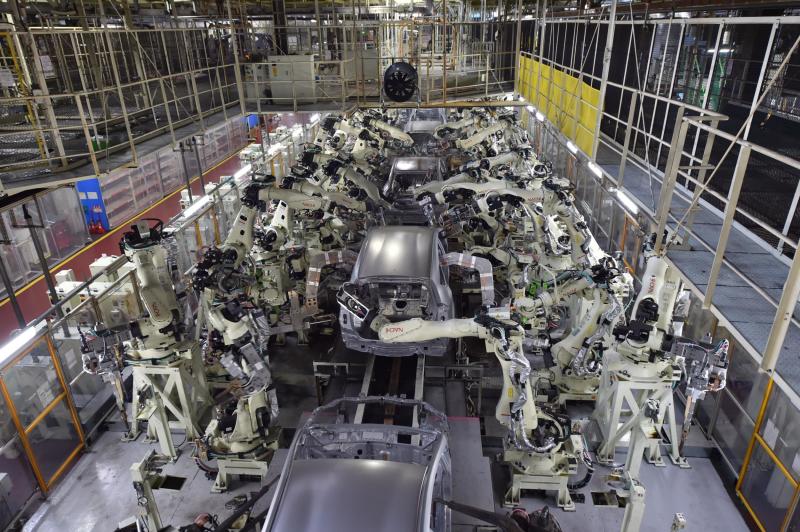×
The Standard e-Paper
Join Thousands Daily

Welcome to the future. Where man is competing for jobs with robots and machines. As it is, robots are already doing jobs that only man could do a few years ago. In this changing landscape, we explore the opportunities emerging for the next generation of workers.
Three months ago, this writer walked into a bank hall in Nairobi and queued to deposit money.